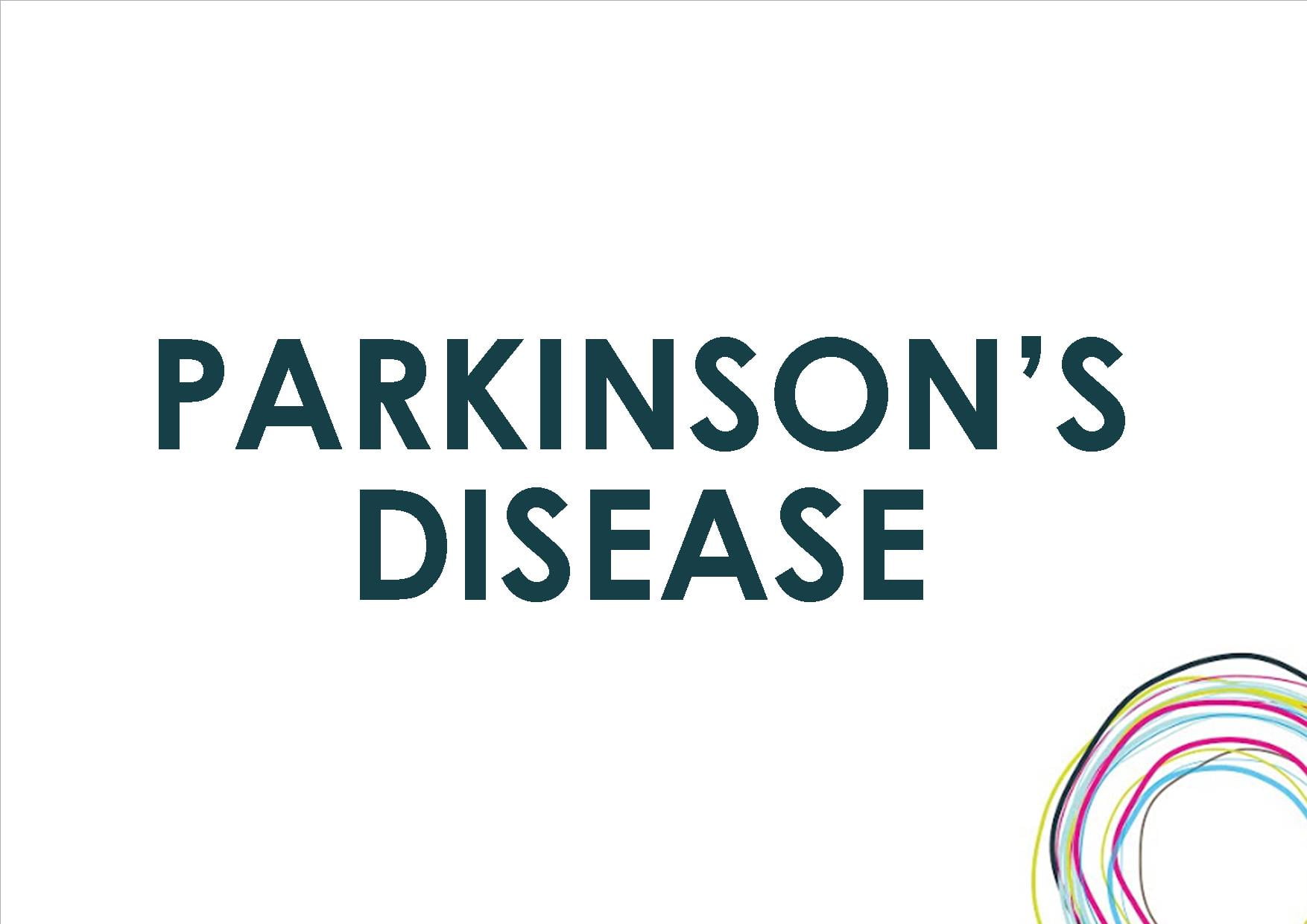New research published in JAMA Neurology suggests that the risk of complications associated with deep brain stimulation (DBS) do not increase with age in people with Parkinson’s.
This research based at Duke University Durham, North Carolina was funded by the National Institutes of Health.
Deep brain stimulation is a well-established therapy for people with Parkinson’s. It uses electrical signals from an implant in the brain to help reduce Parkinson’s symptoms. DBS does involve invasive surgery and as with all surgical procedures can lead to complications.
The researchers at the Duke University involved more than 1,750 Parkinson’s patients and analyzed their data. All the patients had undergone the device implantation between 2000 and 2009. Following analysis of the data, the researchers found that 7.5 percent of those patients developed at least one complication within 90 days of the surgery. The complications included bleeding, wound infections, pulmonary embolism and pneumonia.
Interestingly, the research team found that the risk of complications during the 90 days after surgery was not greater in those over the age of 75 when compared to younger patients.
The study was published on August 25 in the journal JAMA Neurology.

